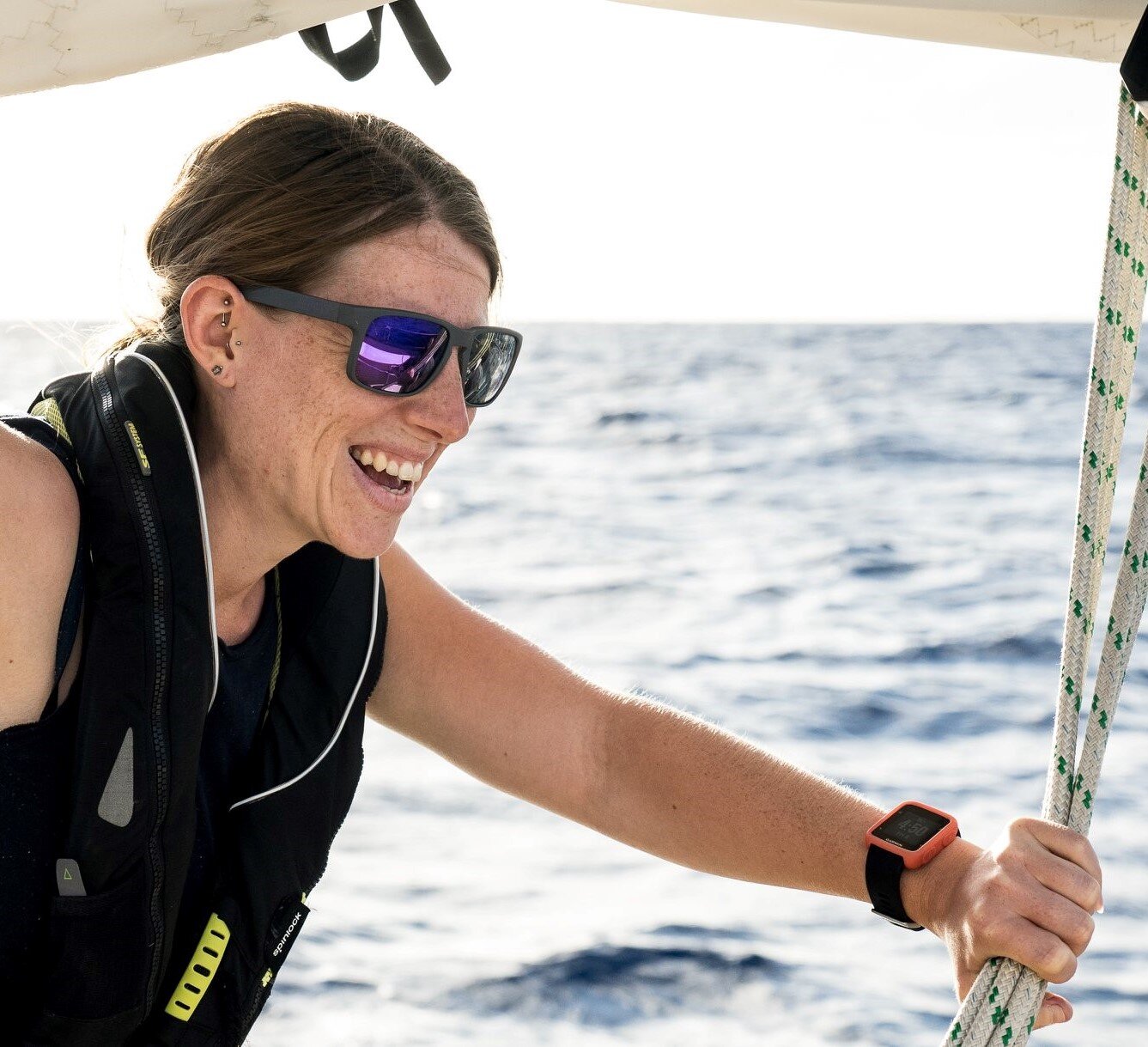
Women in the Lab: An Interview with Dr. Winnie Courtene-Jones, plastic pollution expert
Meet Dr. Winnie Courtene-Jones, a plastic pollution expert working within the University of Plymouth’s International Marine Litter Research Unit, where she leads scientific investigation for eXXpedition, an all-female team sailing around the world researching plastic pollution.
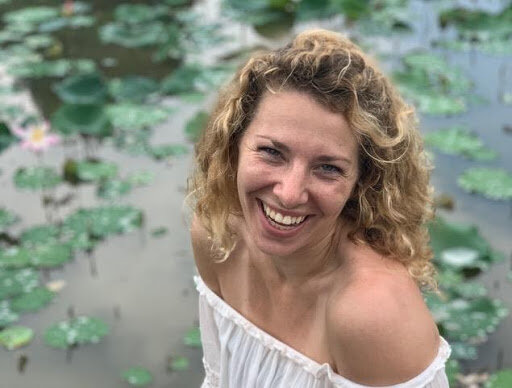
Not your stereotypical white coat lab work – Meet Coral Biologist Megan Clampitt
Stereotypes. Since the 1950s research has exposed the way students depict a scientist. White lab coats, eccentric men, wild hair and extravagant experiments all epitomise the stereotypical ‘mad scientist’ portrayed by the media. Although gender stereotypes may be on the decline, understanding the role of a modern scientist is important. Firstly, not all lab work requires a white coat and a crazy experiment!
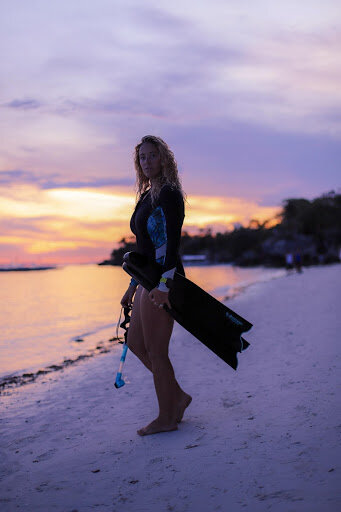
An interview with Shark Ecologist Catherine Cushenan
Catherine Cushenan, also know as Cat Sharks, has spent the past six years travelling the tropics, studying shark behaviour - with a little bit of tourism action and videography on the side. She is a shark ecologist, drone pilot and freediver from the U.K. whom has dedicated her life to saving the ocean and its inhabitants. Read below to find out about her enviable relationship with sharks.

Sharks, Rays, and Skates…in Northern Ireland?!
Northern Ireland is a small part, of a small island, off the west coast of the United Kingdom. If you’ve heard of my home country then you’re likely to know us for the Giants Causeway (a bunch of basalt columns), the Titanic (the most famous ship that sank), or The Troubles (our troubling history). But there is a valuable part of our heritage that has been lost in cultural memory – our sharks, skates and rays (elasmobranchs).
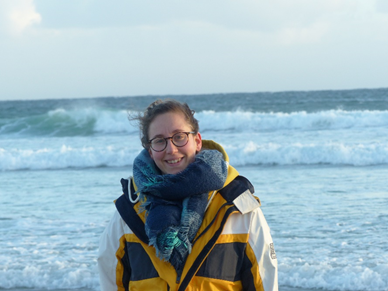
Marine Plastics in Scotland – An Interview with Lola Paradinas
Lola Paradinas is a passionate PhD researcher working at the Scottish Association for Marine Science (SAMS), based in Oban on the west coast of Scotland. She grew up on a sailing boat for the first ten years of her life circumnavigating the globe. Being in constant contact with the sea, she learnt to appreciate, respect and protect the marine environment.
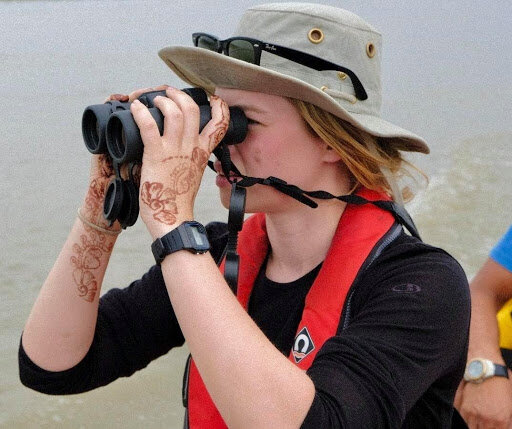
Investigating Plastic Pollution: An Interview with Dr. Imogen Napper
Plastic derived from the Greek plastikos meaning ‘capable of being shaped or moulded’, is a long lasting, cheap and strong product that can be found everywhere. The miracle material with its ideal properties for manufacturing is at the heart of a global epidemic. The properties that once made plastic an ideal product also make it a gravely problematic one, a result of our throwaway culture. To date, over 300 million tons of plastic is produced each year, of which 8 million tons finds it’s way into our oceans yearly.
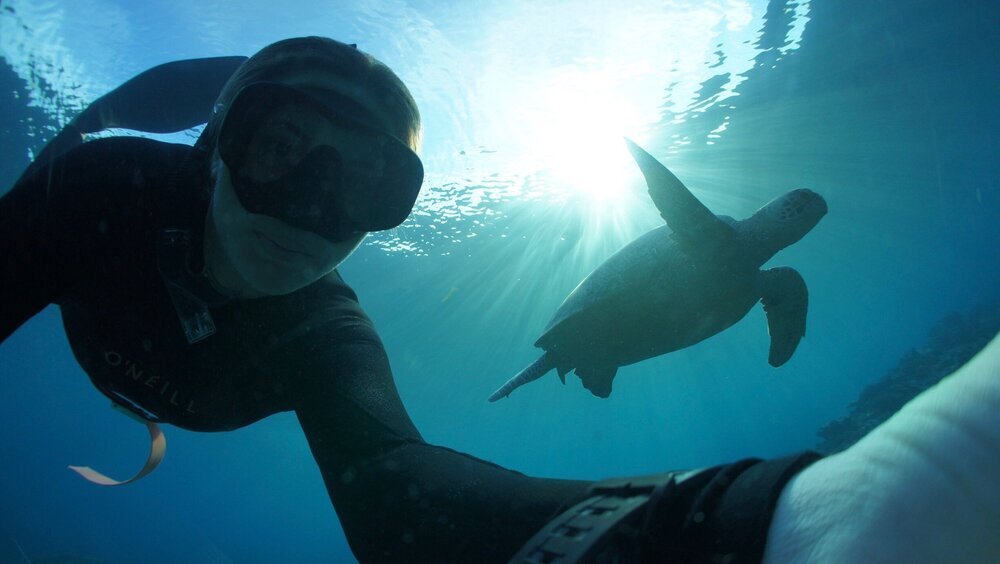
"Down Under"...Water: Jacinta Shackleton and Sea Turtles of the Great Barrier Reef
Jacinta Shackleton is a marine biologist and educator at Lady Elliot Island, located right on the Great Barrier Reef. You might recognize her name from her stunning work filming and photographing marine animals. Most notably, she is 1/~50 people to have seen and filmed an Ornate Eagle Ray.
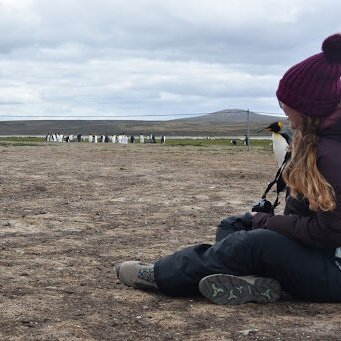
Arctic Adventures – Microplastics with Tristyn Garza
Tristyn Garza is a graduate student at the University of West Florida, with a focus on microplastic pollution. Tristyn is working with samples from the Great Lakes to Antarctic identifying and categorizing microplastics. Learn more about her work and her research journey below!
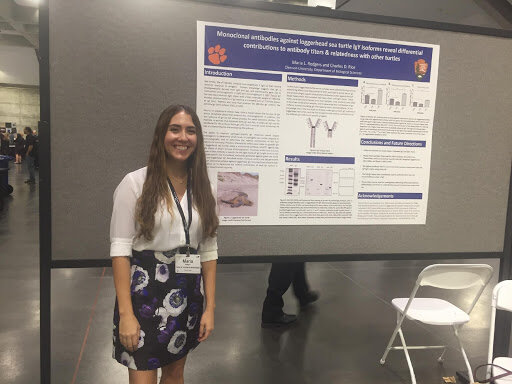
Shedding Light on the Harmful Impacts of Oil: An Interview with Maria Rodgers
Maria Rodgers, a Postdoctoral Fellow at the University of Southern Mississippi’s Gulf Coast Research Lab, studies the responses of marine species to oil in the Gulf of Mexico. With an impressive six publications to her name, read further to unravel how Maria got to where she is now.

Marine Molecular Biology: An Interview With Yasmin Meeda
Marine biology is using the powerful methods of molecular biology to answer a variety of evolutionary and ecological questions. Meet Yasmin is a Marine Molecular Biologist studying at the University of Plymouth and the Treasurer for the Royal Society of Biology. Here is an insight to what life is like as a molecular biologist!
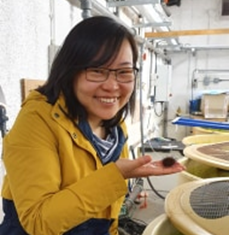
Searchin’ the Urchins – Ecotoxicology with Fengjia Liu
Fengjia Liu is a first-year PhD student with the University of Highlands and Islands and based at the Scottish Association for Marine Sciences (Scotland, UK). Her research focuses on ecotoxicology of sea urchins. https://www.sams.ac.uk/people/research-students/fengjia-liu/
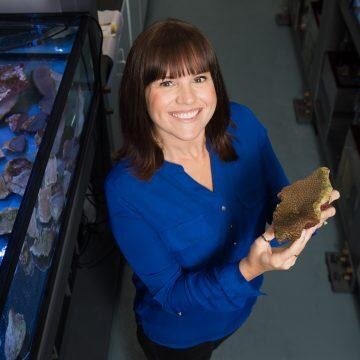
From Junkyard to Coral Research: An interview with Assistant Professor Dr. Sarah Davies
Dr. Sarah Davies, an assistant professor at Boston University utilises molecular techniques to understand how reef-building corals adapt and respond to climate change. Her lab, ‘The Davies Marine Population Genomics Lab’, seeks to understand precisely how and why these responses occur. To date, Dr. Davies has over 30 publications and is an inspiring woman in her field. Continue below as she reveals her journey from junkyard to assistant professor.

One With the Cetaceans: An Interview with Marine Biologist, Lisa Steiner
Lisa Steiner is the marine biologist for Whale Watch Azores, and has been since 1988! WOS Editor, Dana Tricarico dives into what brought Steiner to this archipelago, and what she has learned in the field of marine mammal science along the way.

Cetacean Biology and Motherhood: An Interview with Rita Ferreira
In a region known as Macaronesia, located in an archipelago in the North Atlantic Ocean, lies an Island named Madeira. Geographically positioned in the African Tectonic Plate, the waters are frequently inhabited by up to 29 species of cetaceans, equating to roughly 33 % of globally known species. The preservation of this diversity is therefore imperative, considering fatalities of marine mammals elsewhere.
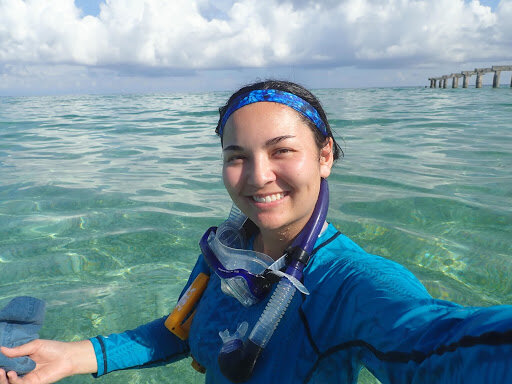
An Interview with Ariel Pezner: Biological Oceanographer
Meet Ariel Pezner, a third year PhD student at Scripps Institution of Oceanography (SIO) at the University of California San Diego whom is a biological oceanographer.
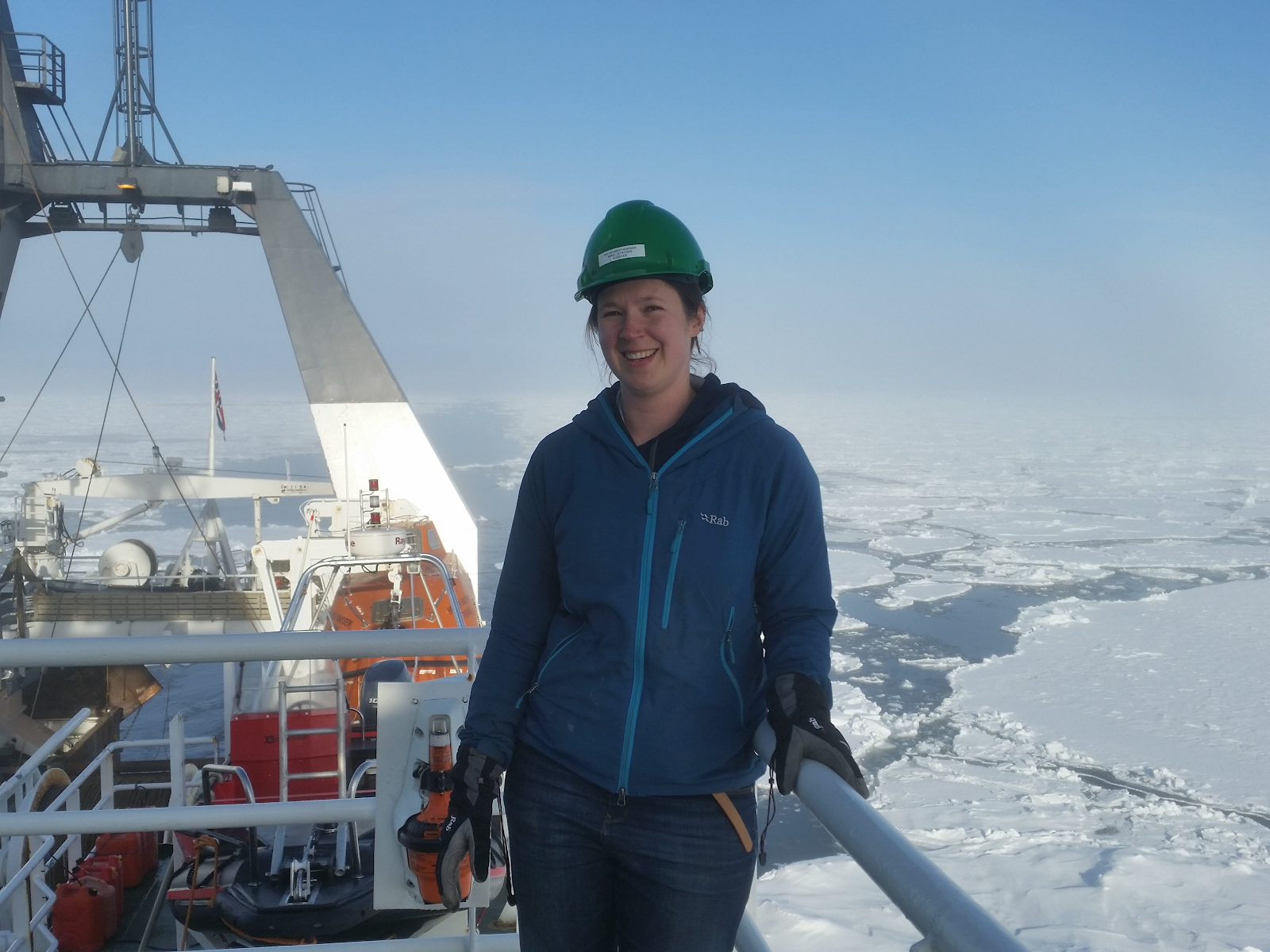
Mapping The Barents Sea - An Interview with Dr. Marie Porter
I grew up nowhere near the sea! As I was finishing college and thinking about going to university, I don’t think I’d ever really thought about marine science being a thing that anyone did, never mind physical oceanography.
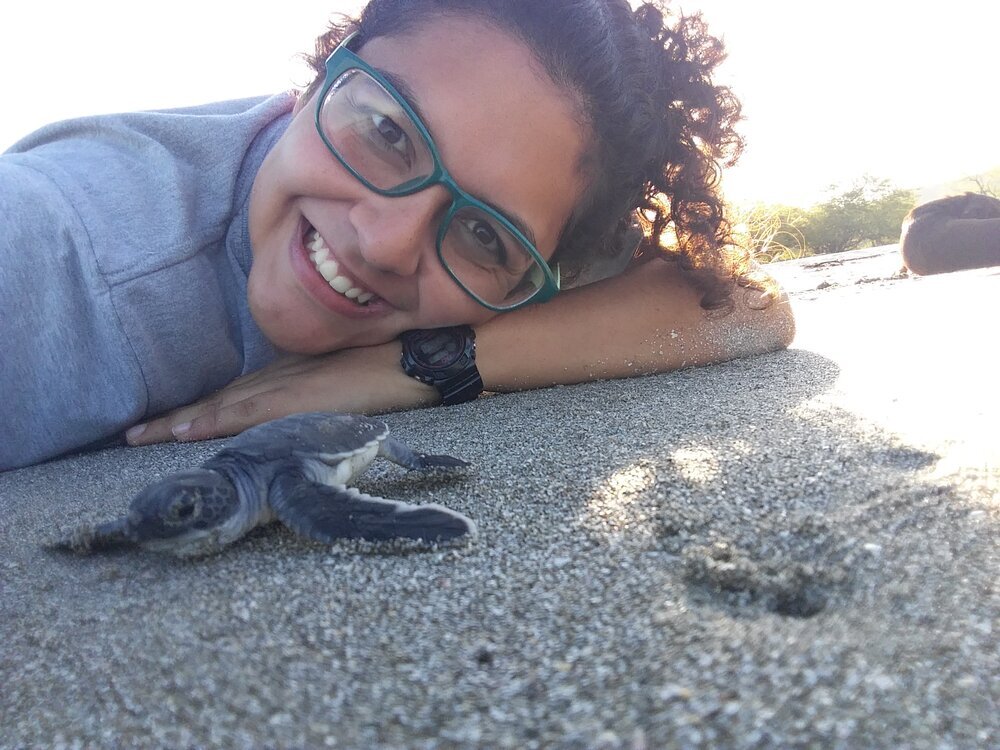
More than a scientist
When you think of a scientist you might think of someone in a lab or working outside, but rarely do you think of someone in the classroom. Veronica “Vero” Valverde works for the Leatherback Trust in Playa Cabuyal, Costa Rica and is one of the original members of their educational program, launched in 2017.
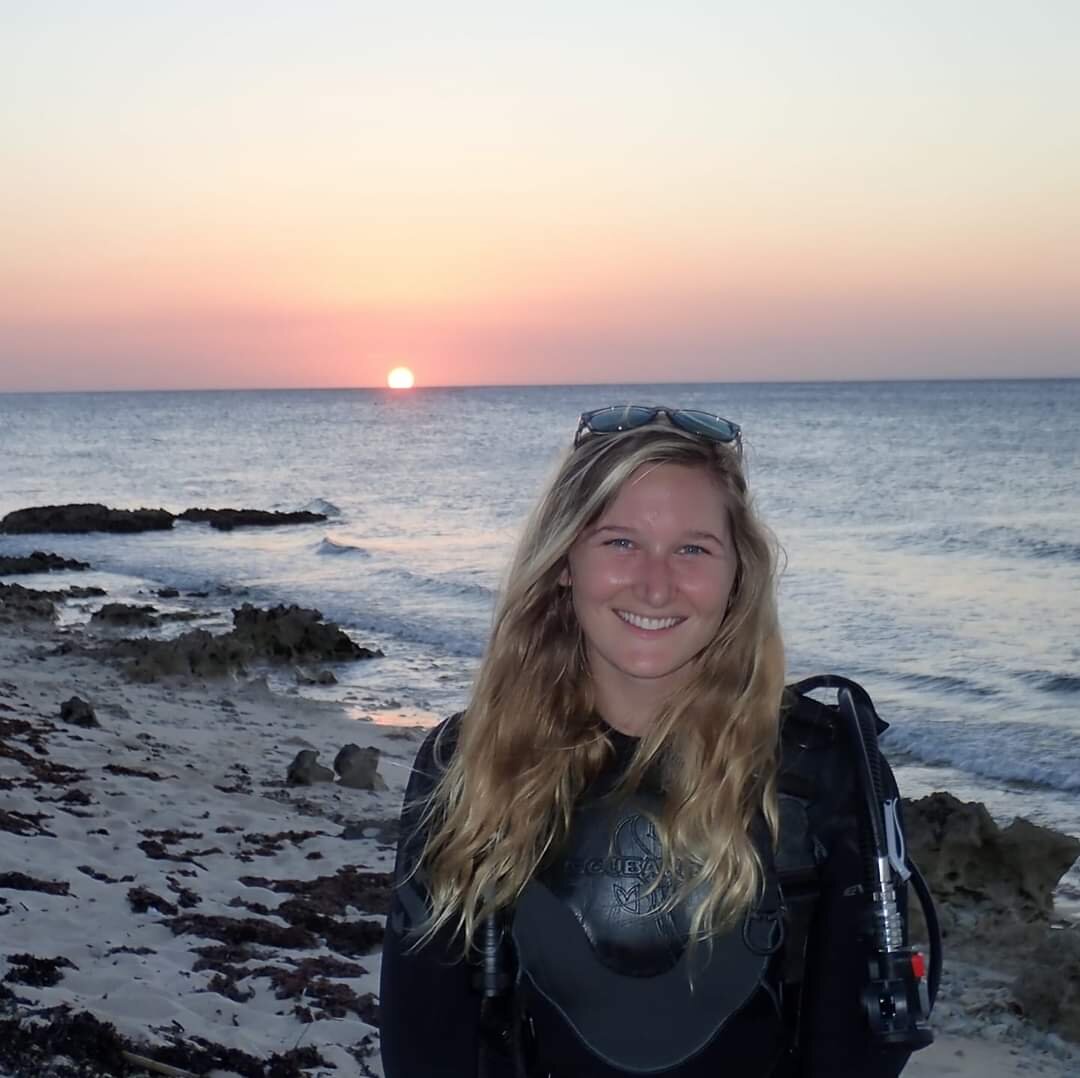
Aquaculture: An interview with Lauren Lapham
Meet Lauren, she recently earned her masters in fisheries and aquatic sciences from the University of Florida. As a student, she had the opportunity to work in a lab focused on invasion ecology and took part in fisheries research. Lauren's research focused on determining the potential invasiveness of Alligator Gar while assisting with the risk assessment of non-native fish and amphibians.
